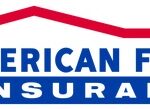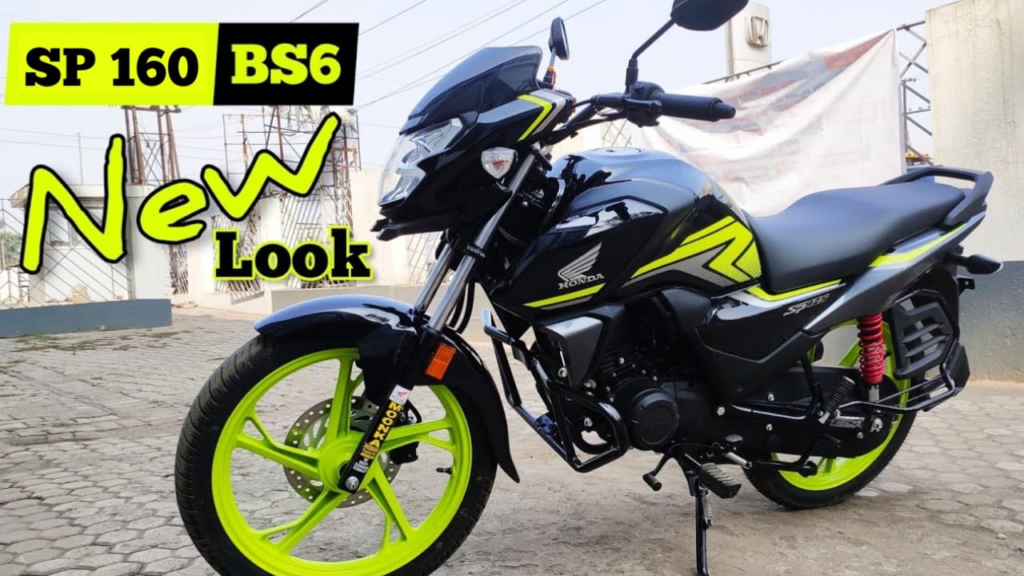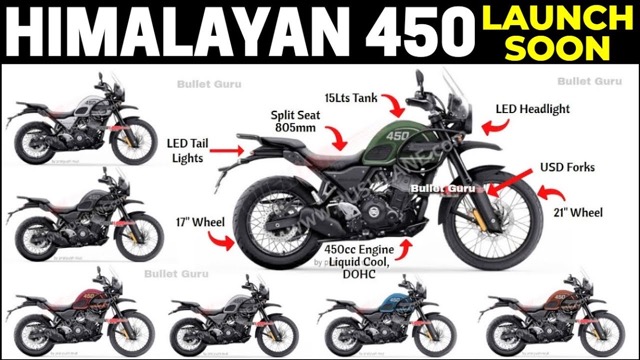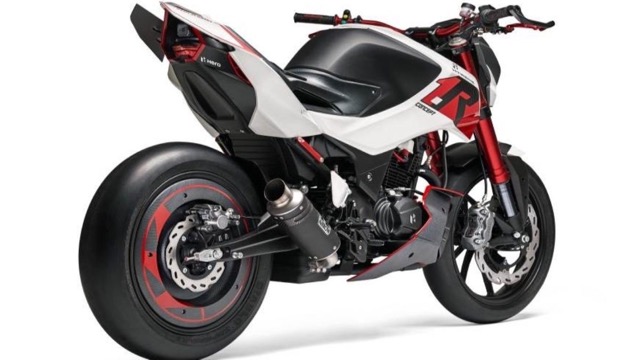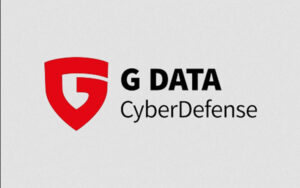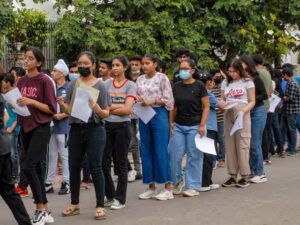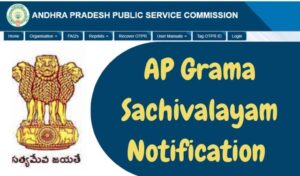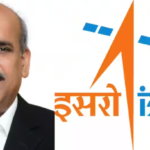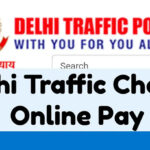What Is Non-Owner It is possible to require car insurance even without owning a car. This may seem unusual, but as a licensed driver who frequently rents or borrows cars, it may be beneficial to have non-owner car insurance for liability coverage in the event of a lawsuit resulting from a car accident. Additionally, obtaining a non-owner policy could prevent a rate increase due to a “coverage gap” when purchasing car insurance in the future. In certain situations, non-owner car insurance may be necessary to meet the conditions for an SR-22 (or FR-44) form.
Outlines Of Guide
ToggleWhat Is Non-Owner Car Insurance?
Non-owner car insurance is a type of liability policy designed for individuals who do not own a car but require car insurance, such as frequent car renters or individuals who need to provide proof of car insurance, such as an SR-22. Liability car insurance coverage caters to damages and injuries caused to others in the event of an auto accident. For instance, if you are involved in an accident while driving a car you do not own and someone else is injured, non-owner car insurance could cover their medical expenses. In addition to liability insurance, a non-owner car insurance policy may also include other state-mandated coverages like uninsured motorist or medical payments coverage.
Non-owner car insurance is a policy that covers only the person listed on the policy, known as the “named insured.” Some car insurance companies may extend coverage to a spouse, but not all do. If both you and your spouse require non-owners auto insurance, ensure that the policy you purchase provides coverage for both of you.
How Does Non-Owner Car Insurance Work?
If you are responsible for an accident while driving a borrowed vehicle, non-owner car insurance will assist in covering the costs of damages or injuries to others through its liability coverage. Non-owner insurance is subordinate to any existing auto insurance held by the vehicle owner.
For instance, if you were to cause an accident while driving a friend’s car and your friend’s bodily injury liability coverage is $25,000, but the other driver’s medical expenses amount to $38,000, you would be responsible for the remaining $13,000. However, if you have a non-owners policy with a bodily injury liability coverage limit of $50,000, it would cover the $13,000.
What Does Non-Owner Car Insurance Cover?
If you cause a car accident—while driving a rented car or other borrowed vehicle—non-owner car insurance’s liability coverage covers:
- Bodily injury you cause to others, such as medical expenses
- Damage you cause to others property, such as car repair bills or repairs bills for objects damaged like a fence.
- A legal defense in case you are sued for causing a car accident
Depending on your state and insurance company, you may be able to get medical coverage with a non-owner car insurance policy, such as:
Uninsured motorist coverage (UM)
This coverage pays for your medical expenses if someone crashes into you and they don’t have liability insurance or not enough. Uninsured motorist coverage can also cover hit-and-run accidents, depending on your state.
Medical payments (MedPay)
This coverage pays for you and your passengers’ medical bills no matter who caused the accident. Non-owner car insurance serves as secondary coverage, activating only after any primary coverage has been utilized. For instance, if you borrow someone else’s car and are involved in an accident, their car insurance takes precedence, up to the specified limits. In the event that the liability limits are reached, your non-owner car insurance may then come into effect (up to your own policy limits).
What’s Not Covered by Non-Owner Car Insurance?
Although non-owner car insurance is intended to provide coverage for a driver’s primary liability insurance needs, there are certain exclusions that may apply. For instance, this type of policy typically does not cover damages to the vehicle being driven or any injuries sustained by the driver. In addition, it may not provide coverage for damages caused by uninsured or underinsured drivers. As such, it is important to carefully review the terms and conditions of a non-owner car insurance policy to ensure that it meets your specific needs and provides adequate protection in case of an accident or other unforeseen event.
Damage to the car you’re driving
Non-owner car insurance excludes collision and comprehensive coverage, which provides protection for various issues such as theft, fires, floods, hail, riots, vandalism, animal collisions, and falling objects. If a car you are driving is involved in an accident caused by someone else, the owner of the vehicle can make a claim through their own collision and comprehensive insurance or the liability insurance of the at-fault driver.
Injuries you suffer in a car accident
If your non-owner car insurance policy only has liability insurance, it won’t cover you for any injuries you suffered in a car accident. If you want coverage for injuries, you may be able to add medical payments coverage.
Other drivers
In most cases, non-owner car insurance only provides coverage for you and not for your spouse or other drivers living in your household. Certain insurance companies may not permit you to hold a non-owner insurance policy if a member of your household has a personal auto insurance policy.
Business driving
If you’re driving a car for work purposes, like delivering goods to a client, you most likely won’t be covered by a non-owner car insurance policy. Business use is a common exclusion for non-owner car insurance policies.
Personal belongings
A non-owner auto insurance policy does not provide coverage for any personal items that are lost, damaged, or stolen. For instance, if your laptop is stolen from a borrowed car, it will not be included in the auto insurance coverage. Your belongings may be covered by your homeowners or renters insurance policy.
When to Consider Non-Owner Car Insurance
You rent cars often. If you rent cars on a frequent basis, you might want non-owner car insurance so you don’t have to buy liability insurance from a rental car agency.
You use a car-sharing service often. If you rely on a car-sharing service like Zipcar or Getaround, non-owner car insurance can provide more coverage than the company provides. For example, Zipcar provides only the minimum liability car insurance requirements.
You don’t want a coverage gap in your car insurance. Not having car insurance creates a “coverage gap,” which car insurance companies see as a higher risk, and usually translates into higher car insurance premiums the next time you buy car insurance. Non-owner car insurance is a good way to avoid a coverage gap if you’re in between vehicles.
State law requires you to file an SR-22 (or FR-44) form. Your state might require you to show proof of car insurance if you’ve had problems like DUI convictions, license suspension or revocation, you were caught driving without insurance, or other types of problems. Non-owners SR-22 insurance is a way to get auto insurance without owning a car.
Reasons You Don’t Need Non-Owner Car Insurance
Below are a few explanations for why non-owner car insurance may not be necessary:
You own a car
Owning a car means that you will need to have a regular car insurance policy. This is because car insurance protects you financially in case of an accident, theft, or damage to your vehicle. Car insurance policies typically cover liability, which pays for damages or injuries you cause to others in an accident, as well as collision and comprehensive coverage for damage to your own vehicle. It is important to shop around and compare different policies to find the one that best fits your needs and budget.
You drive a car owned by someone in your household
If someone in your household has a car, like your spouse or parent, you should be listed on their car insurance policy.
You occasionally borrow a friend’s car
In the event of an accident while using a friend’s car, their car insurance would provide coverage. Yet, if you are at fault and their liability insurance is inadequate, you may be liable for any expenses not covered by their insurance, such as medical bills or property damage. If you frequently borrow vehicles, it may be beneficial to explore non-owner car insurance.
You rarely drive
If you rarely get behind the wheel or not at all, you most likely don’t need non-owners car insurance. For example, if you live in a city and only rent a car for vacation, you don’t need to buy a non-owners policy.
How Much Does Non-Owner Car Insurance Cost?
The average cost of non-owner car insurance is $748 a year, according to our analysis of annual rates from top auto insurance companies. Non-owner car insurance costs have a large range, so it’s worth comparing car insurance quotes to find the best price. Auto-Owners is the cheapest for non-owner car insurance at $202 per year, while Nationwide is the most expensive at $1,361, among the companies we analyzed.
Non-Owner Car Insurance Cost Examples
| Company | Average cost per year |
|---|---|
| Auto-Owners | $202 |
| USAA | $371 |
| Geico | $484 |
| Erie | $582 |
| Travelers | $595 |
| State Auto | $744 |
| State Farm | $849 |
| American Family | $1,104 |
| Progressive | $1,189 |
| Farmers | $1,201 |
| Nationwide | $1,361 |
Quadrant Information Services. Rates are based on liability coverage of 100/300/100 ($100,000 for injuries to one person, $300,000 for injuries per accident, $100,000 for property damage).
Does My Car Insurance Cover Rental Cars 2024?
The Cheapest Car Insurance Companies
How Much Car Insurance Do I Need?
The price of a non-owner car insurance policy will be determined by various factors, such as your location and the insurance provider. There are also other typical pricing elements to consider.
Your driving history
One of the factors that affect car insurance premiums is the driver’s track record for avoiding accidents and traffic violations. Generally, drivers who have a clean record and demonstrate safe driving habits are rewarded with lower insurance rates. This is because they are viewed as lower-risk drivers by insurance companies, who use past behavior as an indicator of future risk. On the other hand, drivers with a history of accidents or traffic violations may face higher premiums due to their increased likelihood of filing claims in the future.
Your age
Car insurance rates are often higher for younger drivers with less driving experience than for older drivers. This is because younger drivers are statistically more likely to get into accidents and file claims. In contrast, older drivers who have been driving for several years have a lower risk of accidents and are therefore less expensive to insure. Additionally, younger drivers may not have established credit scores or driving records, which can also impact their insurance rates.
The amount of coverage you want
The greater your policy limits, the higher your potential costs. It’s advisable to purchase more than the minimum liability requirements in your state. If you’re at fault in a car accident and lack sufficient liability insurance, you may be responsible for additional expenses like medical bills and property damage. It’s wise to have liability insurance that adequately protects your assets in the event of a significant lawsuit, including your home and savings.
Who Offers Non-Owners Car Insurance?
Many car insurance companies do not openly promote the availability of non-owner car insurance, and some may only provide this type of insurance to current customers. For instance, we examined a Progressive Insurance policy which stated that a non-owner car insurance policy cannot be obtained when purchasing a new policy, but can be added by existing customers who wish to remove all vehicles from their policy. If you have a policy with Progressive and no longer own a car, you might be able to add the non-owners endorsement to keep your car insurance.
Some insurance companies offer non-owner car insurance, but availability and eligibility requirements may vary by state and existing customer status.
- American Family
- Auto-Owners
- Dairyland
- Direct
- Erie
- Farmers
- Geico
- Liberty Mutual
- Nationwide
- Progressive
- State Auto
- State Farm
- The General
- Travelers
- USAA
If you’re not sure where to turn, an independent auto insurance agent can help you find a policy. Also, review the policy to make sure it fulfills your needs. For instance, if you want non-owners insurance because you frequently rent cars, make certain the policy doesn’t limit how often you can rent cars.
Non-Owned Car Insurance for Businesses
If you have a business and your employees occasionally use their personal vehicles for work purposes, such as making deliveries, you may require non-owned car insurance. This will broaden the liability coverage from your commercial auto policy to the personal vehicles of your employees. It is designed for situations where employees use their personal cars for work on a limited basis.
Faqs
Can you get car insurance without a car?
Yes, it’s possible to get car insurance without owning a car. A non-owner car insurance policy provides liability car insurance if you cause an accident in a car you don’t own. Non-owner insurance is secondary coverage to any car insurance the owner has on their vehicle. A non-owner car insurance policy is helpful if you regularly rent cars, borrow a friend’s car often or your state requires you to acquire an SR-22. Carrying a non-owner insurance policy can prevent an insurance coverage gap if you’re in between cars.
Does non-owner car insurance cover rental cars?
Many non-owner policies extend car insurance coverage to cover a rental car. Non-owner car insurance provides liability coverage, which pays for property damage and injuries to others if you cause a car crash. But it won’t pay for damage to the rental car itself.
Can I insure a car not in my name?
If you drive a car regularly but don’t own it, you first should ask about getting added to the car owner’s policy as a driver. If you want to be the policyholder for the car insurance, see about being added to the car’s title, as that’ll make it possible for you to buy a policy for the car. If neither option is possible, you can buy a non-owner car insurance policy. A non-owner policy provides liability car insurance for cars you borrow or rent. It is secondary coverage, meaning if the car owner’s auto insurance policy would pay out first if you cause an accident. Your non-owner policy can pay out if the owner’s liability limits are exceeded.
What should I do if I have non-owner car insurance and I buy a car?
If you buy a car, you’ll need to get a traditional car insurance policy. Non-owner car insurance doesn’t cover you if you own a car. A good way to start your car insurance shopping journey is to compare car insurance quotes from several companies. Look for a company that offers the coverage you want at a reasonable price and that has a good reputation for customer service.
Summary
Non-owner car insurance is a type of auto insurance that provides coverage for individuals who do not own a vehicle but still need liability protection when driving. This type of insurance can be beneficial for those who frequently rent cars or borrow vehicles from friends or family members. It offers financial protection in the event of an accident, ensuring that you are not personally liable for any damages or injuries caused while driving. Non-owner car insurance is an important consideration for anyone who regularly uses vehicles that they do not own. If you find yourself in this situation, it’s worth exploring your options and considering non-owner car insurance to ensure you have the necessary coverage and peace of mind on the road.








